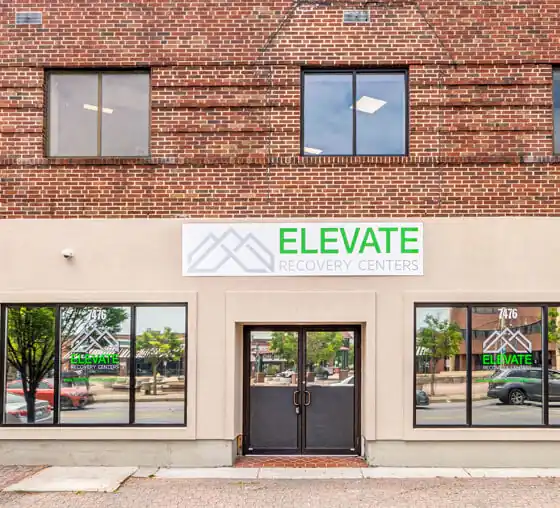At TruPaths, we understand why people turn to MDMA also known as Molly, Ecstasy, or X. It can create powerful feelings of love, openness, and emotional release. For many, it starts in celebration, intimacy, or even healing. But when the emotional crash lingers or the use becomes frequent it can lead to deep confusion, fatigue, or even despair.
This page is here to help you understand the emotional and neurological toll of MDMA misuse, and how to find nonjudgmental recovery support for yourself or someone you love. TruPaths does not provide treatment we help guide you to programs that do.









“It made me feel like I belonged—for a night. But after a while, I couldn’t feel anything at all without it.”
— TruPaths Community Member